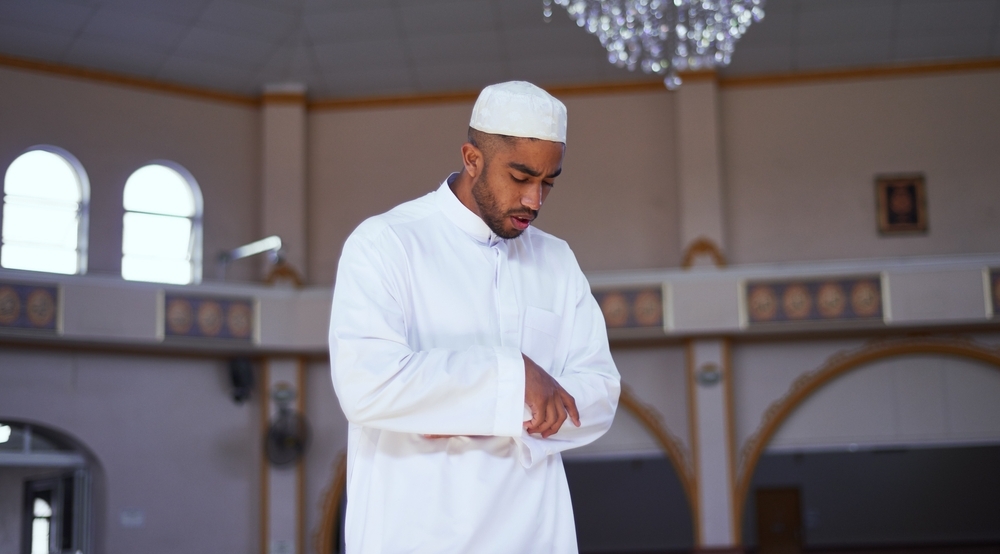What Should I Do If I Can’t Pronounce Certain Arabic Alphabet Letters Silently?
Hanafi Fiqh
Answered by Shaykh Yusuf Weltch
Question
I am unable to pronounce certain letters of the Arabic alphabet silently, what do I do?
Answer
In the Name of Allah, the Most Merciful and Compassionate.
The word “silent” is not a good translation of the Arabic word “sirran” (سرا). The requirement for the Zhuhr and ‘Asr prayers is to be recited quietly.
The minimum extent of quiet recitation is that one can hear themselves. The maximum extent of quiet recitation is that all the people in the front row of the prayer cannot hear the recitation clearly. [Ibn ‘Abidin, Radd al-Muhtar]
These rulings are judged considering the volume of the recitation if there was no external noise and no means of amplification. In other words, if the room was completely silent and one recited without the aid of the microphone, would the entire front row be able to clearly hear your recitation? If so, that is loud recitation; if not, that is quiet recitation. [Ibid.]
Summary
If you need to raise your voice slightly to pronounce certain letters, you may do so as long as your recitation remains within the aforementioned limits. However, you should be aware that mispronounced letters and other mistakes in recitation do not invalidate the prayer according to the acted-upon position of today. [Ibid.]
Hope this helps
Allah knows best
[Shaykh] Yusuf Weltch
Checked and Approved by Shaykh Faraz Rabbani
Shaykh Yusuf Weltch teaches Arabic, Islamic law, and spirituality. After accepting Islam in 2008, he completed four years at the Darul Uloom Seminary in New York, where he studied Arabic and the traditional sciences.
He then traveled to Tarim, Yemen, where he studied for three years in Dar al-Mustafa under some of the most outstanding scholars of our time, including Habib Umar Bin Hafiz, Habib Kadhim al-Saqqaf, and Shaykh Umar al-Khatib.
In Tarim, Shaykh Yusuf completed the memorization of the Quran and studied beliefs, legal methodology, hadith methodology, Quranic exegesis, Islamic history, and several texts on spirituality. He joined the SeekersGuidance faculty in the summer of 2019.
